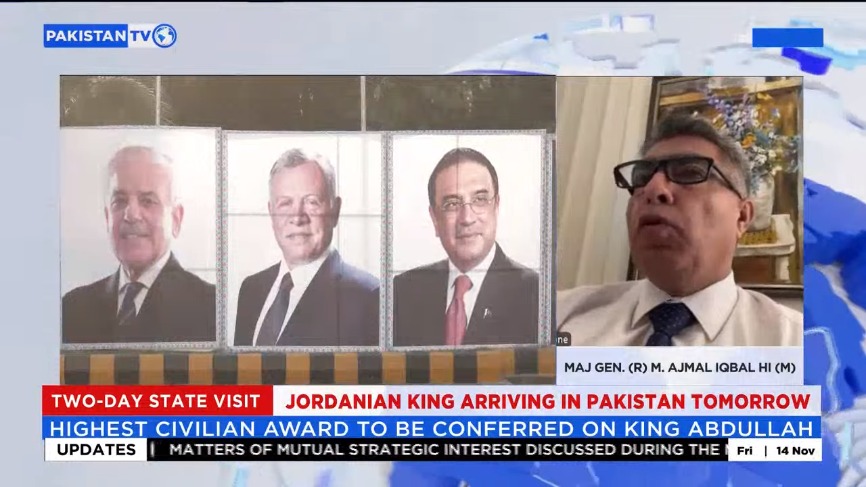ISLAMABAD: Pakistan will continue to “fully participate” in Neutral Expert proceedings on India’s move to place the Indus Waters Treaty (IWT) in abeyance, the Foreign Office (FO) said Friday, underscoring that Islamabad remains engaged “in good faith” even as New Delhi has halted its participation.
During the weekly press briefing, Pakistan Foreign Office Spokesperson Tahir Andrabi noted that the Neutral Expert mechanism was invoked on India’s own request, with the next phase of hearings scheduled in Vienna from November 17-21, 2025.
“While India has decided to halt its participation, Pakistan continues to fully participate in the Neutral Expert proceedings in good faith,” Andrabi said. “In this respect, the Neutral Expert has ruled that India’s non-participation could not operate as a bar to the proceedings going forward.”
According to a press release issued on November 10, the Court of Arbitration (CoA) confirmed that it will continue to conduct the proceedings.
"The Court therefore invited each Party to provide written submissions regarding the status of the Neutral Expert Proceedings and its views as to a further phase or phases in these proceedings in respect of matters raised in Pakistan’s Request for Arbitration that were not resolved in the Award," the press release said.
Under the IWT, unresolved disputes between the two countries are referred to a CoA.
Earlier this year, following the Pahalgam attack in Indian-occupied Kashmir, New Delhi announced a unilateral suspension of the treaty, an action Prime Minister Shehbaz Sharif condemned as “unilateral, unjust, politically motivated, extremely irresponsible, and devoid of legal merit.”
Pakistan had approached the CoA to seek rulings on the interpretation and application of the Treaty regarding design elements of India’s run-of-river hydroelectric projects.
In a "Supplemental Award on the Competence", the CoA in The Hague held that India’s claim of placing the Treaty in “abeyance” had no bearing on the Court’s jurisdiction, stating that its “competence cannot be affected by the unilateral decision” of any party.
It further ruled that “it was not open to India to take unilateral action to suspend these proceedings, regardless of how India’s position was characterized or justified under international law.”
Questions on reported Pakistan–Israel interaction
Responding to queries about reports of a meeting between Sardar Yasir Ilyas Khan, an advisor to the prime minister, and an Israeli representative, the FO spokesperson said he had “not seen the report or any information on a meeting,” adding that “if such a meeting or interaction took place, it was, certainly, without authorization by the government.”
A statement later circulated to the media clarified that Khan, who visited London “at his own expense” to lead a delegation of 31 Pakistani tourism representatives to the World Travel Market, had encountered a group of Israeli individuals who “visited the Pakistan Pavilion unannounced and met the Pakistani delegation without introducing themselves.”
“Despite this unexpected encounter, Sardar Yasir Ilyas Khan remained focused on his mission as a proud Pakistani and true patriot, dedicated to promoting a positive and progressive tourism narrative for Pakistan across the world,” the statement said.
Addressing speculation that the reported encounter signaled any shift toward the Abraham Accords, Andrabi dismissed the suggestion.
“I do not think it is fair to link this with the broader issue of Abraham Accords or the recognition of Israel,” he said. “Such linkage is too far-fetched, and I would request our distinguished media personnel not to venture into such speculation.”
Pakistan’s long-standing foreign policy rejects recognition of Israel, a stance it links to its “steadfast and unwavering” support for the Palestinian cause.
Islamabad consistently urges an immediate halt to Israeli military actions and reaffirms its commitment to the creation of an independent, sovereign, and contiguous Palestinian state along the pre-1967 borders, with Al-Quds Al-Sharif as its capital.
The policy is also codified in the declaration printed on Pakistani passports: “This passport is valid for all countries of the world except Israel.”

.jpg)
.jpg)
.jpg)

.jpg)




